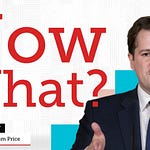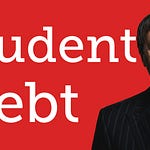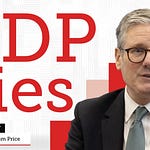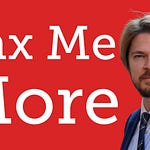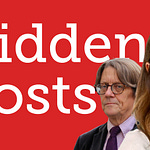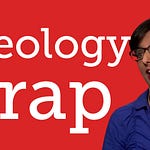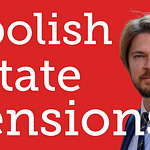In this Institute of Economic Affairs podcast, Head of Media and Linda Whetstone Scholar Reem Ibrahim interviews Deirdre McCloskey, Isaiah Berlin Chair in Liberal Thought at the Cato Institute and Distinguished Professor Emerita of Economics, History, English and Communication at the University of Illinois at Chicago. The conversation explores McCloskey’s concept of “equality of permission” from her forthcoming book, examining how this primary liberalism of 1776 and 1789 differs from modern notions of equality of opportunity and equality of outcome.
McCloskey argues that true liberalism isn’t about material redistribution or state-enforced equal starting points, but about removing obstacles that prevent people from pursuing their own flourishing. She critiques both socialist equality of outcomes and the impossible goal of equality of opportunity, advocating instead for a society with no masters rather than no poor. The discussion covers how this framework applies to occupational licensing, immigration, consumer protection, and economic regulation, with McCloskey contending that professional licensing requirements and government regulations often create artificial barriers rather than genuine protection.
The interview concludes with reflections on the future of liberalism and the importance of free speech and a free press as essential battlegrounds. McCloskey draws parallels between government censorship of drama in London until 1967 and modern debates about regulating AI and hate speech. She remains optimistic that people’s hearts desire freedom, while warning against the temptation to become “wards of the state” rather than free adults. The conversation touches on everything from Abraham Lincoln’s self-education to the quality of ploughman’s lunches in Oxford pubs.






